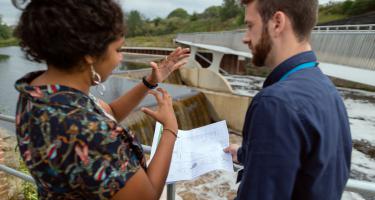
Communicating science: Researchers share their fears and tips
Nearly half of researchers responding to a recent survey said that politicization of science has made them lose interest in communicating with the media.
Coverage begins in 2006 for the ScienceWriters meeting and 2009 for the AAAS meeting. To see programs for past ScienceWriters meetings, go to the ScienceWriters meeting site.

Nearly half of researchers responding to a recent survey said that politicization of science has made them lose interest in communicating with the media.
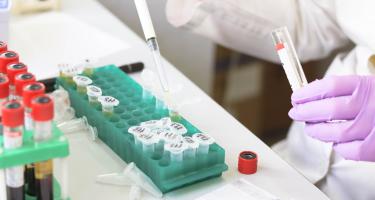
One hurdle that continually faces modern society is the prevalence of stubborn diseases. Understanding and disrupting molecules called iron-sulfur clusters (FeS) could be a key to developing drugs against challenging bacterial and viral pathogens.
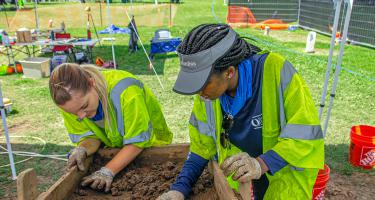
From the search for the ‘Original 18’ of the Tulsa Race Massacre to the identification of Ugandans killed during a protracted civil war, scientists are piecing together the past by identifying remains using ethnographic and forensic data collection.
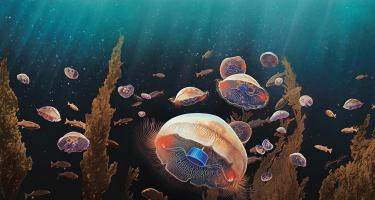
John O. Dabiri has developed a non-harmful robotic attachment for jellyfish. This new device allows researchers to potentially access larger ocean regions. But how did the path to robotic jellyfish begin?
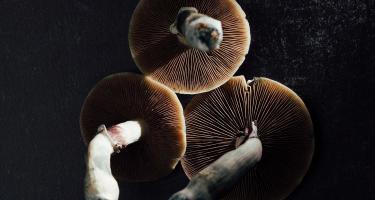
In a February 19, 2022, panel at the annual American Association for the Advancement of Science conference, researchers and practitioners of psychedelic-assisted psychotherapy discussed promising results from studies and clinical trials that could tip the balance in favor of bringing psychedelic therapies into mainstream medical practice.
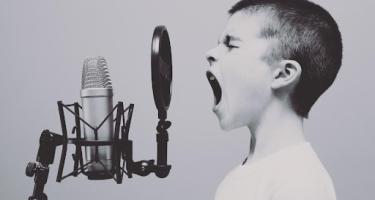
New evidence presented by a panel at the American Association for the Advancement of Science (AAAS) annual meeting explained that a more nuanced view of stuttering as a neurodevelopmental disorder may be necessary to address both the biological and social needs of people who stutter.
Children are our world’s explorers, inventors, and adventurers. They spend years discovering the world through play. While solo play is well known to foster social independence, recent studies have been looking into the cognitive effects of joint play. The results of several such studies were presented on February 18 during the American Association for the Advancement of Science annual meeting
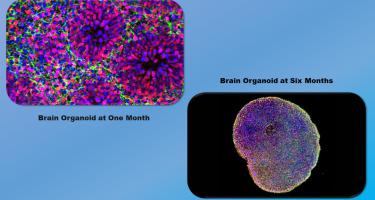
My father battled Parkinson’s disease for 15 years, with each passing year feeling like an eternity. During that time, my family and I witnessed his gradual decline from a witty independent man into a person who required constant care. We watched helplessly as the disease robbed my dad of his body, mind, and spirit. With no cure in sight, he felt demoralized and often expressed suicidal thoughts.

A statistics professor, a computational biologist, and two professional science communication researchers walked into a bar — or, rather, connected over Zoom at the 2022 American Association for the Advancement of Science (AAAS) annual meeting to explore evidence that humor empowers science communication.